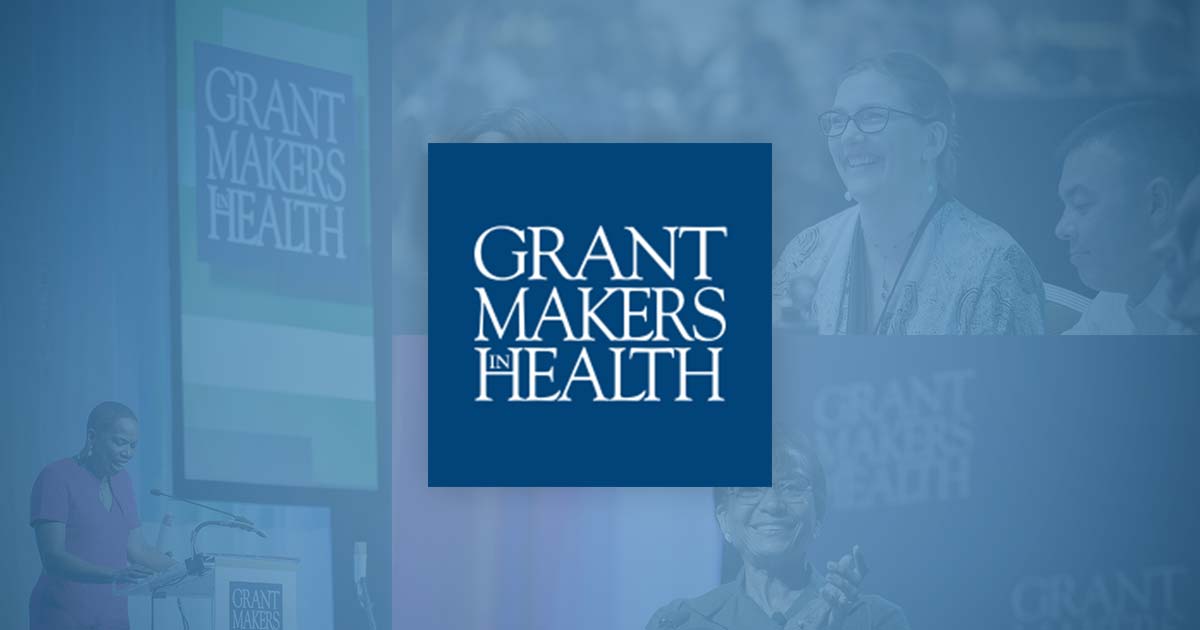Webinars
Replicating Global Maternal and Child Health Innovations in the United States
This webinar taught participants about domestic maternal and child health innovations adapted from global initiatives.
Invitation to Innovation Funder Call Series – July
As part of our collaborative Invitation to Innovation initiative, Grantmakers In Aging and Grantmakers In Health cosponsored a monthly series of funders-only discussions focused on the challenges of and opportunities for improving care for people with complex health and social needs.

The Critical Role of Medicaid for People with Disabilities
On this webinar, funders heard an overview of Medicaid's role for this critical population; understood the potential impact that new policies—such as basing Medicaid eligibility on employment—may have on people with disabilities; and discussed recent delivery system changes, such as the movement to commercial managed care.
Improving Health Outcomes by Connecting to the EITC: A Conversation for Funders
On this webinbar, funders learned about the importance of EITC in improving health, explored examples of how philanthropy is engaging in this work, and increased cross-sectoral connections between health and economic security funders.
Erasing Representation: The Implications of the Census Citizenship Status Question on Reapportionment and Redistricting
The Census Bureau has proposed the addition of a Citizenship Status Question to the 2020 Census and indicated that data will be included in the transfer of census counts to states for the purposes of redistricting. Two state legislatures have already considered bills to require that state legislative reapportionment and redistricting be based on citizen totals rather than full population totals.
